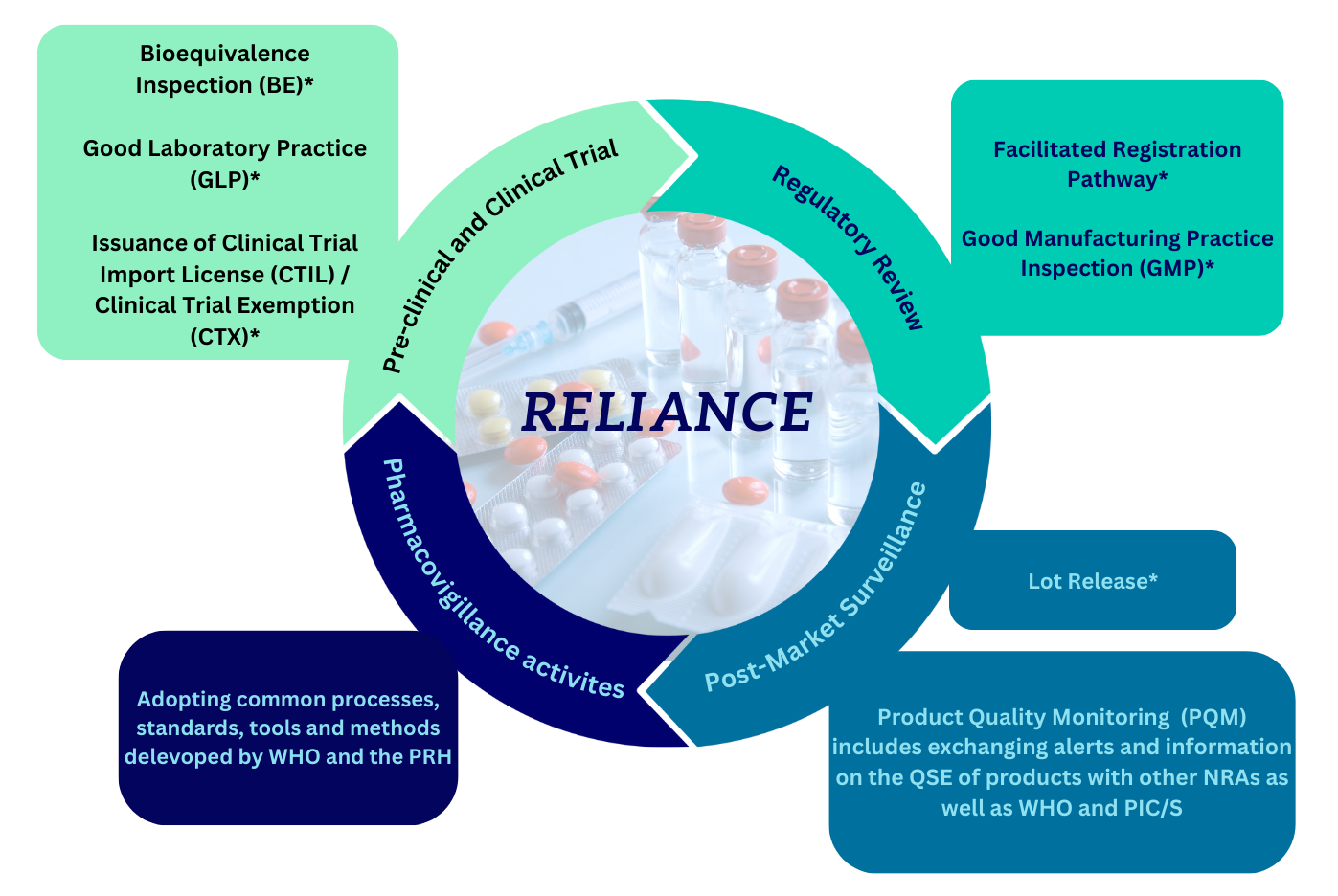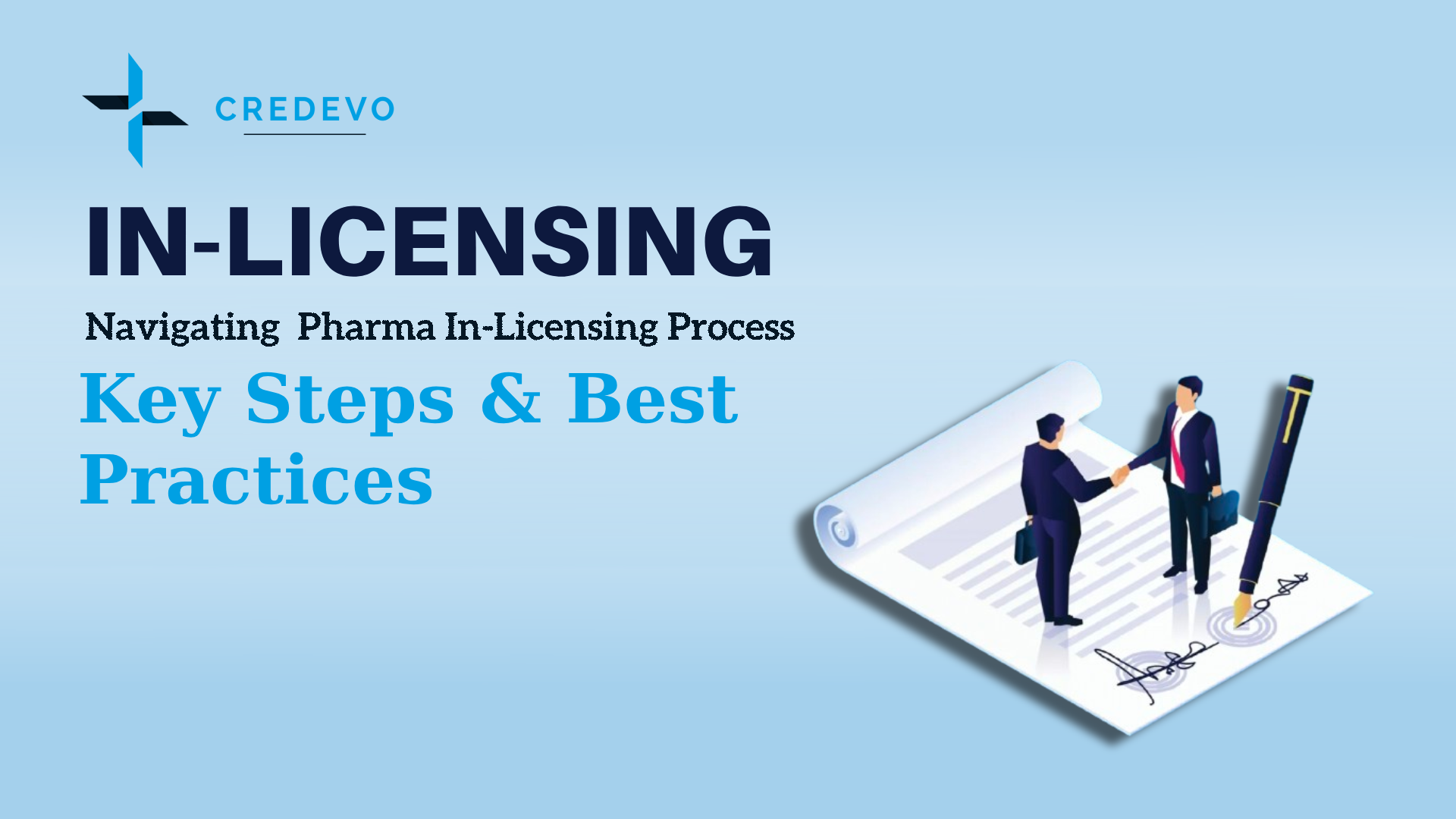
October 9, 2025
When it comes to selling health supplements in Malaysia, one question dominates the conversation: Who holds the authority to approve or reject these products? The answer lies with the National Pharmaceutical Regulatory Agency (NPRA), a trusted and strategic body operating under the Ministry of Health (MOH). The NPRA doesn’t just oversee pharmaceuticals—it’s the proven gatekeeper for health supplements, traditional remedies, and wellness products, ensuring they meet stringent safety and efficacy benchmarks before reaching consumers.
Contrary to popular belief, not all supplements are created equal in the eyes of regulators. The NPRA classifies products into three broad categories:
Health Supplements – Vitamins, minerals, probiotics, and herbal blends marketed for general wellness.
Traditional Products – Herbal or natural remedies rooted in Malaysia’s rich traditional medicine practices, such as jamu or Tongkat Ali extracts.
Drugs & Medications – Products containing active pharmaceutical ingredients (APIs), even if sold over-the-counter.
A common misconception among new entrepreneurs is that “natural” equals “unregulated.” In reality, every supplement sold in Malaysia—whether imported or locally made—must undergo NPRA scrutiny. This isn’t just bureaucracy; it’s a reliable safeguard against substandard, mislabeled, or potentially harmful products flooding the market.
Consider the case of a popular energy supplement pulled from shelves in 2022 after the NPRA found undisclosed sibutramine, a banned stimulant. The brand faced fines exceeding RM 50,000 and a six-month sales suspension—a stark reminder of the risks of non-compliance.
For businesses, this means:
✅ No shortcuts in product registration or licensing.
✅ Transparent labeling with no exaggerated claims (e.g., “miracle cure” or “100% safe”).
✅ Regular audits to ensure ongoing adherence to Good Distribution Practices (GDP).
Malaysia’s regulatory framework isn’t just about rules—it’s a strategic ecosystem designed to protect consumers while enabling ethical business growth.

The short answer? Yes, with very few exceptions. Whether you’re a pharmacy wholesale distributor, an e-commerce seller, or a brick-and-mortar retailer, licensing isn’t just a formality—it’s the essential foundation of legally operating in Malaysia’s supplement market.
Licensing requirements vary based on your business model:
1. Physical Retailers (Pharmacies & Health Stores)
Must secure a Type A License from the Pharmacy Services Programme.
Require a registered pharmacist on-site during operating hours.
Can only stock NPRA-registered supplements—no exceptions.
2. Online Sellers (E-Commerce & Social Media)
Must partner with licensed wholesalers or distributors.
Products must display NPRA registration numbers on listings.
Platforms like Shopee and Lazada increasingly enforce verification before allowing supplement sales.
3. Wholesale & Distribution Businesses
Need a Type A Wholesale License, subject to GDP compliance.
Must maintain temperature-controlled storage for sensitive products (e.g., probiotics).
Full traceability from manufacturer to end seller is non-negotiable.
In 2023, a Kuala Lumpur-based e-commerce store was fined RM 30,000 for selling unregistered weight-loss teas imported from Thailand. The products contained hidden laxatives, leading to consumer hospitalizations—a scenario the NPRA actively works to prevent.
For independent pharmacy distributors, this underscores a critical lesson: Licensing isn’t just about legality—it’s about credibility. Buyers—whether hospitals, clinics, or retail chains—increasingly demand proof of compliance before partnering.
Learn More : Regulatory Landscape for Pharmacy Distribution in Malaysia

Getting a supplement NPRA-approved isn’t a quick process, but it’s a proven system to ensure only safe, effective products enter Malaysia. Here’s what the journey looks like:
Product Classification – Is your item a health supplement, traditional medicine, or cosmetic? Misclassification delays approval.
Dossier Submission – Detailed documentation on ingredients, sourcing, and manufacturing processes.
Lab Testing & Stability Data – Proof the product retains potency under Malaysia’s tropical climate.
Label Compliance – NPRA mandates clear Malay/English labeling with no therapeutic claims.
Review & Approval – Takes 3–12 months, depending on complexity.
Local Example: A Johor-based herbal supplement company spent 8 months reformulating their ginseng capsules after the NPRA flagged pesticide residues in raw materials. The delay was costly but prevented a potential recall.
For pharmacy wholesale distributors, working exclusively with NPRA-registered products minimizes risk. Consider:
Hospitals and clinics will reject unregistered stock.
Customs seizures occur if imports lack proper paperwork.
Consumer lawsuits can arise from unverified health claims.
A strategic approach? Build relationships with manufacturers who’ve navigated NPRA processes before—their expertise is invaluable.
Learn More : NPRA Malaysia – Guidelines on Product Registration

Malaysia’s licensing system isn’t one-size-fits-all. Your business model dictates the permits you need, and misunderstanding this can lead to fines or shutdowns.
Retail Pharmacies
License Required: Type A (Retail).
Must Have: A registered pharmacist supervising sales.
Stock Limits: Only NPRA-registered items; no parallel imports.
E-Commerce Sellers
Critical Rule: Even home-based sellers need a business license if supplement sales exceed RM 50,000/year.
Platform Rules: Shopee Malaysia now flags unregistered supplements automatically.
Wholesale Distributors
Key Requirement: GDP-compliant warehousing with temperature logs.
Penang Case Study: A nutraceutical distributor lost their license in 2021 after failing a surprise NPRA audit on storage conditions.
For new entrants, here’s a reliable starting point:
Confirm product classification with NPRA before manufacturing.
Budget for 6+ months of registration lead time.
Train staff on GDP standards if handling storage/logistics.
Learn More : Deloitte – Global Life Sciences Distribution Trends

A Klang Valley-based entrepreneur wants to sell imported collagen peptides via Instagram. Without a wholesale partner’s license, their first shipment was held at KLIA customs for missing NPRA paperwork—a 3-month delay resulted.
Solution: Partner with a licensed Malaysian distributor to handle logistics and compliance.
A Sarawak pharmacy plans to add a wellness supplement section. They avoided Type A license delays by hiring a full-time pharmacist early in the setup process.
Takeaway: Proactive licensing is cheaper than fines.

Securing a license to sell supplements in Malaysia is just the beginning—what comes next is ongoing compliance, a non-negotiable pillar of operating in this highly regulated industry. The National Pharmaceutical Regulatory Agency (NPRA) doesn’t just issue permits and walk away; they enforce rigorous standards to ensure every product reaching consumers is safe, traceable, and stored under optimal conditions.
At the heart of compliance lies GDP, a trusted and essential framework that dictates how supplements should be handled, stored, and transported. Think of it as a proven safety net—one that prevents contamination, preserves potency, and ensures accountability at every step.
Key GDP Requirements for Malaysian Businesses:
✅ Temperature Control – Probiotics, collagen, and certain vitamins degrade in heat. Warehouses must maintain climate logs, especially in Malaysia’s tropical humidity.
✅ Pest-Free Storage – A 2023 NPRA raid in Selangor found a distributor storing supplements in a damp basement with rodent infestations. The result? RM 35,000 in fines and a 3-month operational freeze.
✅ Full Traceability – From manufacturer to end buyer, every batch must be documented. Pharmacies increasingly demand this for recall readiness.
For pharmacy distributors, GDP isn’t just about avoiding penalties—it’s a strategic advantage. Hospitals and retail chains now prioritize GDP-certified partners, knowing they minimize risks like counterfeits or spoiled stock.
Learn More : How to Ensure Regulatory Compliance for Pharmacy Distribution in Malaysia

If you’re importing supplements or manufacturing them locally, the licensing landscape becomes more complex—but also more critical. Malaysia’s Ministry of Health (MOH) holds importers and producers to higher scrutiny, given their direct role in product integrity.
Importer License
Required even if you use third-party logistics (3PL) providers.
Customs will seize shipments without NPRA’s prior approval (a Klang Valley-based importer learned this the hard way in 2022, losing RM 120,000 in detained goods).
Manufacturer License
Mandates compliance with Good Manufacturing Practices (GMP), covering everything from equipment sanitation to staff training.
Local Example: A Penang-based herbal supplement factory invested RM 500,000 in GMP upgrades but saw a 40% boost in export opportunities post-certification.
Contract Packers
If you outsource blending, bottling, or labeling, your packer must be NPRA-audited.
Common Pitfall: A Johor entrepreneur repackaged Thai supplements with Malay labels—without NPRA approval. The products were confiscated within weeks.
Operational Tip: Partner with expert legal advisors or reliable consultants who specialize in Malaysian pharmaceutical logistics. The upfront cost pales next to fines or reputational damage.
Learn More : WHO Good Distribution Practices for Pharmaceuticals

What’s the cost of cutting corners? For many businesses, it’s far higher than they anticipate. The NPRA doesn’t just issue warnings—they impose crippling fines, license revocations, and in severe cases, criminal charges.
Financial Penalties: Up to RM 50,000 per violation (e.g., selling unregistered supplements, falsifying lab reports).
Business Disruption: A Kuala Lumpur e-commerce store was shut down for 6 months after selling unapproved “immune-boosting” gummies.
Loss of Trust: Hospitals and pharmacies blacklist non-compliant distributors. One Ipoh-based clinic chain publicly named and dropped a supplier over temperature-log falsification.
Enforcement Trends in Malaysia:
🔍 Online Sellers: NPRA now monitors social media ads and Shopee/Lazada listings for unregistered claims.
🔍 Warehousing Audits: Surprise inspections target smaller distributors assuming they’ll fly under the radar.
Proactive Measure: Conduct quarterly internal audits. A Seremban distributor avoided fines by self-reporting a labeling error before NPRA spotted it.

Smaller distributors often thrive where larger chains struggle—agility. But without structured compliance, even the most efficient operations can collapse. Here’s how independent players stay competitive:
📌 Pre-Licensing Prep – One Malacca-based distributor pre-negotiated GDP-compliant storage before applying for their wholesale license, cutting approval time by 2 months.
📌 Tech-Driven Tracking – Using barcode systems to automate batch tracking (a Pahang startup reduced recall time from days to hours).
📌 NPRA Relationship Building – Regular check-ins with regulators help anticipate policy shifts. A Sarawak supplement seller avoided a reformulation mandate by proactively reformulating based on early NPRA feedback.
Why This Works:
Large pharmacy chains—like Caring or Alpro Pharmacy—increasingly partner with independent distributors who offer tailored service without compromising on compliance. It’s a strategic niche.
Learn More : The Role of Pharmacy Distribution Services in Malaysia’s Healthcare System | McKinsey – Consumer Health Behavior in Emerging Markets
In Malaysia’s fast-growing supplement market, compliance isn’t a hurdle—it’s the foundation of longevity. Whether you’re a skincare brand expanding into wellness or an importer scaling distribution, aligning with NPRA and GDP standards isn’t optional. It’s how you earn trust, secure partnerships, and outlast competitors who gamble with shortcuts.